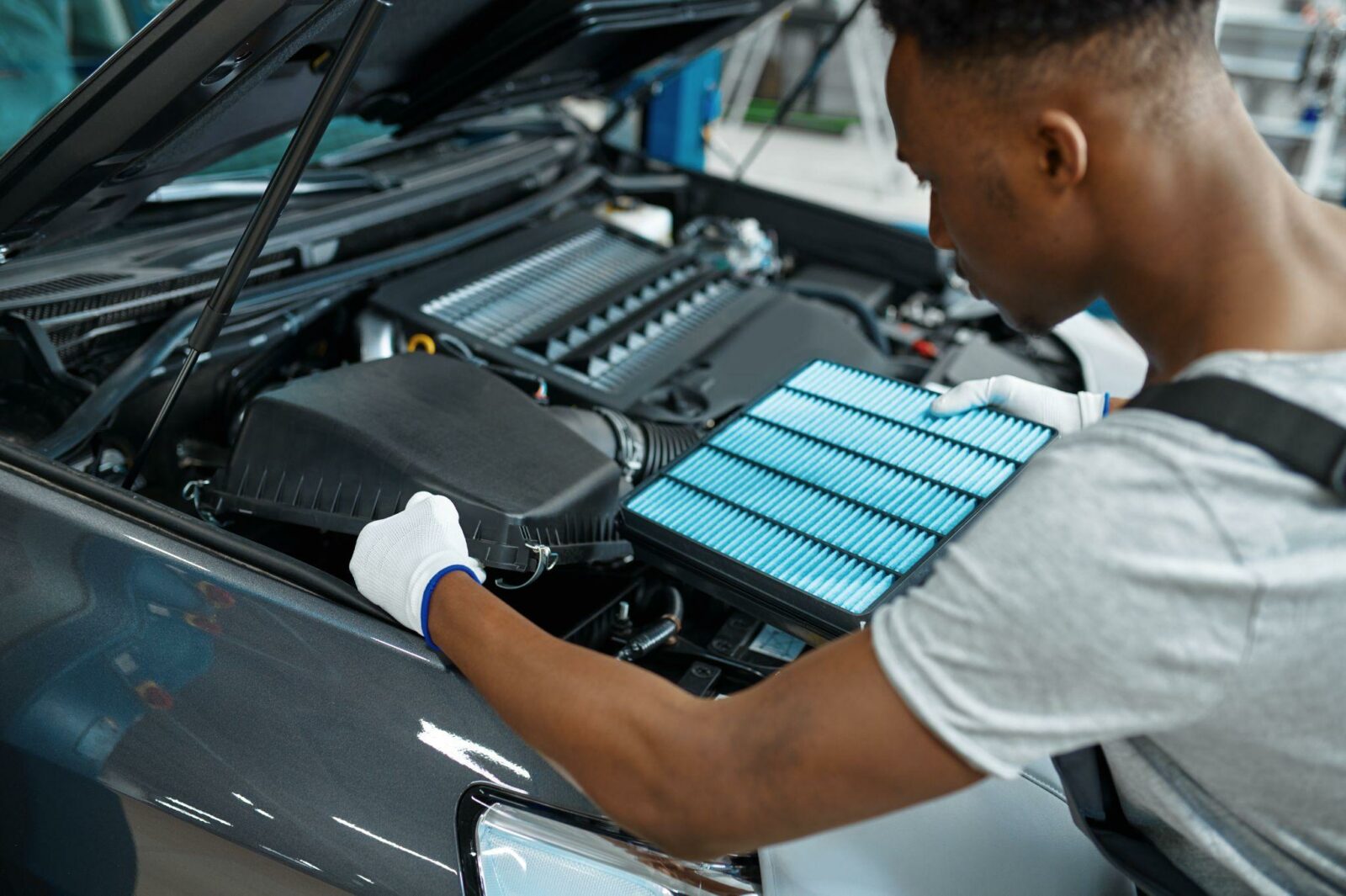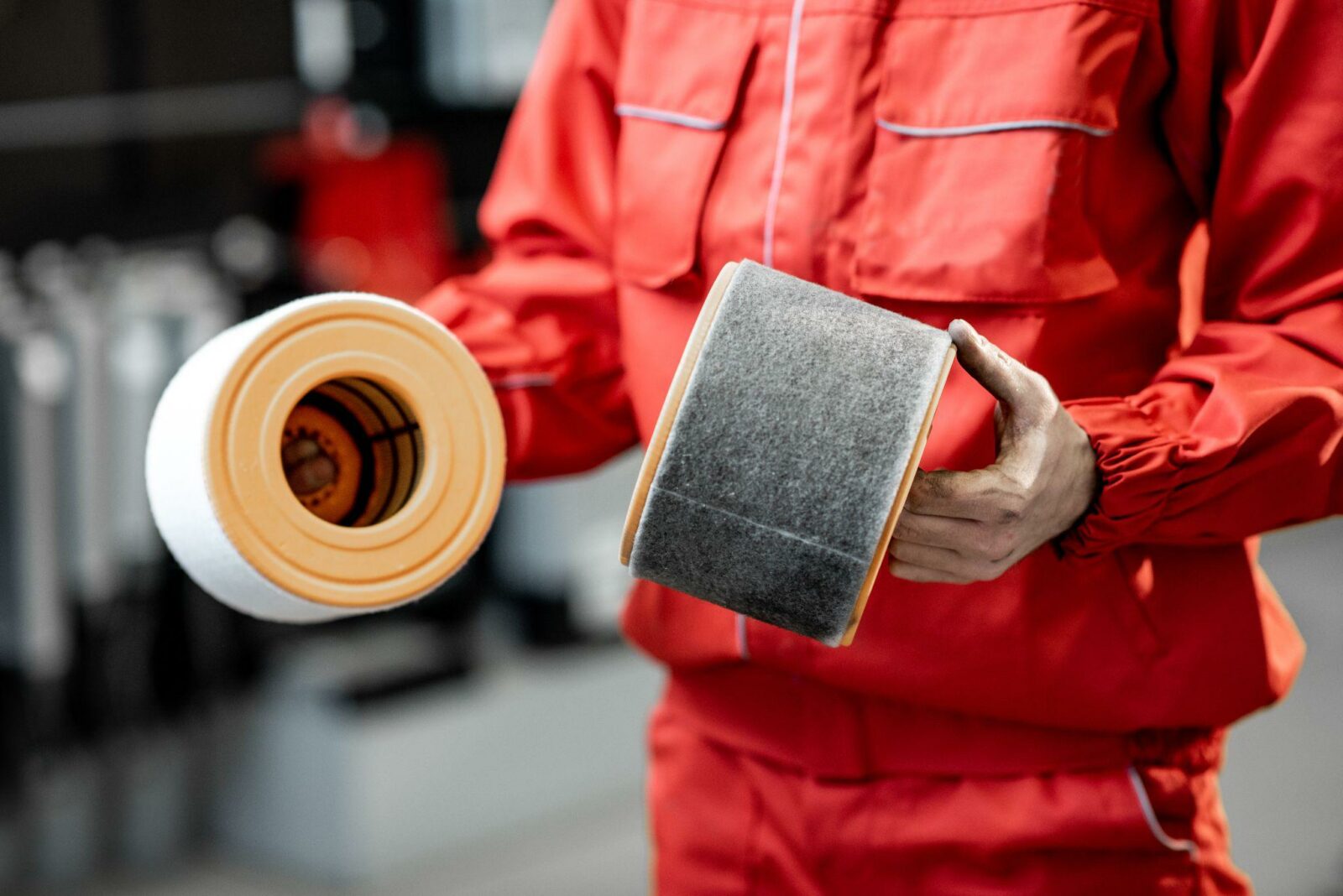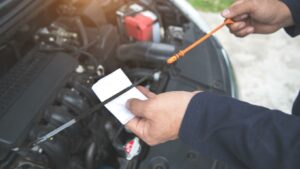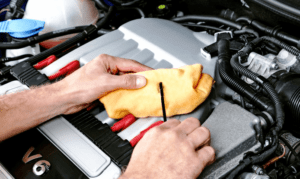Outline:
- What Is The Purpose Of Car Filters?
- Different Types Of Car Filters
- Cabin Air Filters
- Fuel Filters
- Oil Filters
- Air Intake Filters
- Transmission Filters
- How To Change Your Car’s Filters
- Cabin Air Filter
- Fuel Filter
- Oil Filter
- Air Intake Filter
- Transmission Filter
- Here Are Five Reasons Why Automobile Filters Are So Crucial
- Keeps Your Engine Clean
- Prevents Damage To The Engine
- Saves You Money In The Long Run
- Keeps Your Car Running Smoothly
- Emissions Have Been Reduced
- Do You Need A Professional Assistance?
If you’re like the majority of individuals, automobile filters don’t spring to mind until they start causing difficulties. And by that time, it’s often too late, and the damage has been done. Filters for automobiles are vital to the health of your car and should be replaced regularly to keep it running smoothly.
What Is The Purpose Of Car Filters?
Automotive filters guard against dirt, dust, and other particles affecting your automobile’s engine. They accomplish this by trapping the pollutants before getting into the machine. Over time, the fins on these filters become clogged with dirt and grime, which causes them to lose efficiency and even harm the engine.
Automotive filters should be replaced regularly to keep your automobile in good working order. When automotive filters are dirty, they can’t do their job correctly, and the engine will be less efficient. That could lead to decreased gas mileage and several other problems. Every time you change your oil, replace the filters in your vehicle. Filters should be replaced at least once a year, or after 12 months.
Different Types Of Car Filters
Cabin Air Filters
Cabin air filters clean the air you breathe in your vehicle. They are usually located behind the glove box and should be replaced every 12 months or 12,000 miles.
Fuel Filters
Fuel filters remove contaminants from gasoline before it enters the engine. Every two years or 24,000 miles, gasoline filters should be changed.
Oil Filters
Oil filters keep dirt and other particles out of the engine oil. They should be changed every time you change your oil – or at least every 12 months.

Air Intake Filters
Air intake filters keep debris from entering your engine through the air intake system. They should be changed every year or 12,000 miles.
Transmission Filters
Transmission filters keep dirt and other particles from entering the transmission. They should be changed every year or 30,000 miles.
How To Change Your Car’s Filters
A trained mechanic may replace automotive filters, but you can also do it yourself if you’re handy with tools. If you opt to undertake the task yourself, follow these steps to replace your vehicle’s filters:
Cabin Air Filter
Behind the glove box, the cabin air filter is concealed. Remove the glovebox and discover that the filter is housed in a black plastic casing. Unsnap the cover and remove the old filter. Replace with a new one and snap the body back into place.
Fuel Filter
The fuel filter is located beneath the fuel tank. It’s a cylindrical filter that fits over the fuel line with two hose clamps. Release the clamps and remove the old filter. Install the new filter and reattach the clamps.
Oil Filter
The oil filter is on the engine block, near the oil tank. Remove the oil filler cap and unscrew the oil filter. Place the container in a sink, and drain the old oil. In a separate container, replace the old oil with a new one. Replace the filler cap and filter.
Air Intake Filter
The air intake filter is found in front of or behind the radiator, depending on the vehicle’s make and model. Remove it by loosening screws or clips holding it in place. Clean the filter using a garden hose and reinstall it.
Transmission Filter
The transmission filter is located on the transmission side, near the oil cooler. Remove the old filter by removing its screws or bolts. Remove the old filter and replace it with a new one. Attach the screws or bolts, then reinstall them.
Here Are Five Reasons Why Automobile Filters Are So Crucial
Keeps Your Engine Clean
One of the most important functions of automotive filters is to keep your engine clean. The severity of the problem may differ, but whenever a machine is dirty, it puts everyone who uses it at risk.
Prevents Damage To The Engine
Filters in automobiles help prevent dirt and other debris from entering the engine, resulting in significant damage. When these pollutants are allowed to build up, they have the potential to wreak havoc on your car’s internal mechanisms.

Saves You Money In The Long Run
A clogged car filter can decrease fuel mileage and cause more wear and tear on the vehicle. That implies you’ll spend more in the long term on repairs and replacements. Automotive filters should be replaced regularly to avoid this expensive outcome.
Keeps Your Car Running Smoothly
Automotive filters play an essential function in keeping your vehicle running well. When they’re blocked or filthy, this can cause reduced performance and even engine damage. Automotive filters should be replaced whenever you change your oil – or at least once a year – to ensure optimal performance.
Emissions Have Been Reduced
One of the benefits of automotive filters is that they’ve helped reduce emissions from automobiles. Automotive filters have helped make cars and trucks more environmentally friendly by trapping pollutants before reaching the engine.
Do You Need A Professional Assistance?
Dependable Car Care can assist you in obtaining your vehicle’s maintenance services done professionally. We understand the importance of automobile air filters to any vehicle’s performance, and we make certain that our clients are cared for before they depart with expert services like oil changes or tire rotations.
Schedule a visit with Dependable Car Care to have one of our qualified experts replace your car’s filters or examine other automobile problems for you.





